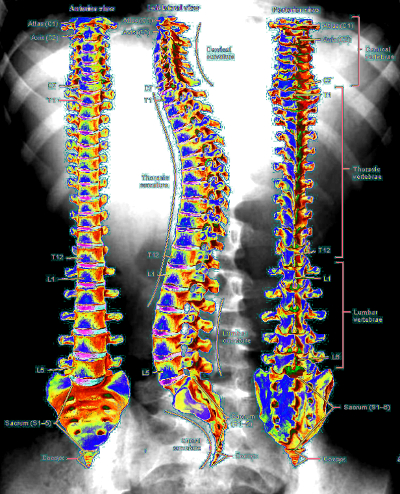Drug test for tiny spines
 UQ researchers say miniature spines could make epilepsy treatment safer during pregnancy.
UQ researchers say miniature spines could make epilepsy treatment safer during pregnancy.
A new study could help reduce risks for women with epilepsy who need to take sodium valproate during pregnancy.
This medication, commonly prescribed for epilepsy and certain mental health disorders, has been linked to severe birth defects, particularly affecting the spinal cord of unborn children.
However, the research offers hope for safer treatment options.
Led by Dr Giovanni Pietrogrande and Professor Ernst Wolvetang from UQ’s Australian Institute for Bioengineering and Nanotechnology (AIBN), the expert team identified a promising way to mitigate these harmful side effects.
Their solution involves the drug Rapamycin, which, when used alongside sodium valproate, could help prevent these birth defects.
“We first set out to understand why valproate causes spinal cord malformations in foetuses,” Dr Pietrogrande explained.
To achieve this, the researchers developed human organoids - miniature, laboratory-grown spinal cords - designed to mimic a foetus’s spinal cord during early pregnancy.
When these organoids were exposed to valproate, the team observed that the drug disrupted the cells responsible for forming the spinal cord, leading to malformations.
To counteract this effect, the researchers tested Rapamycin on the organoids.
“Co-treatment with Rapamycin could be the thing that opens safe access to an extremely effective treatment for women with epilepsy,” Professor Wolvetang said
The study also involved Professor Terence O’Brien, an expert in epilepsy treatment.
“[The study] may also provide a pathway to enabling women to continue to take this life-saving medication while having healthy children,” he said.
The research highlights the potential of advanced technologies like human stem cell-derived organoids, which allow scientists to study drug effects at the cellular level.
According to Professor Wolvetang, these findings could also encourage regulatory changes that would incorporate organoids into drug testing and approval processes.
The work was a collaborative effort involving multiple experts from UQ and other institutions, including the University of Melbourne and Vita-Salute San Raffaele University in Milan.
The findings have been published in Molecular Psychiatry.








 Print
Print